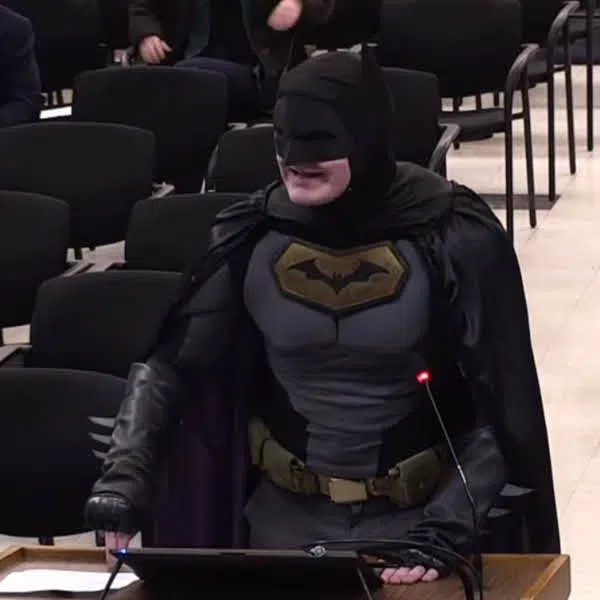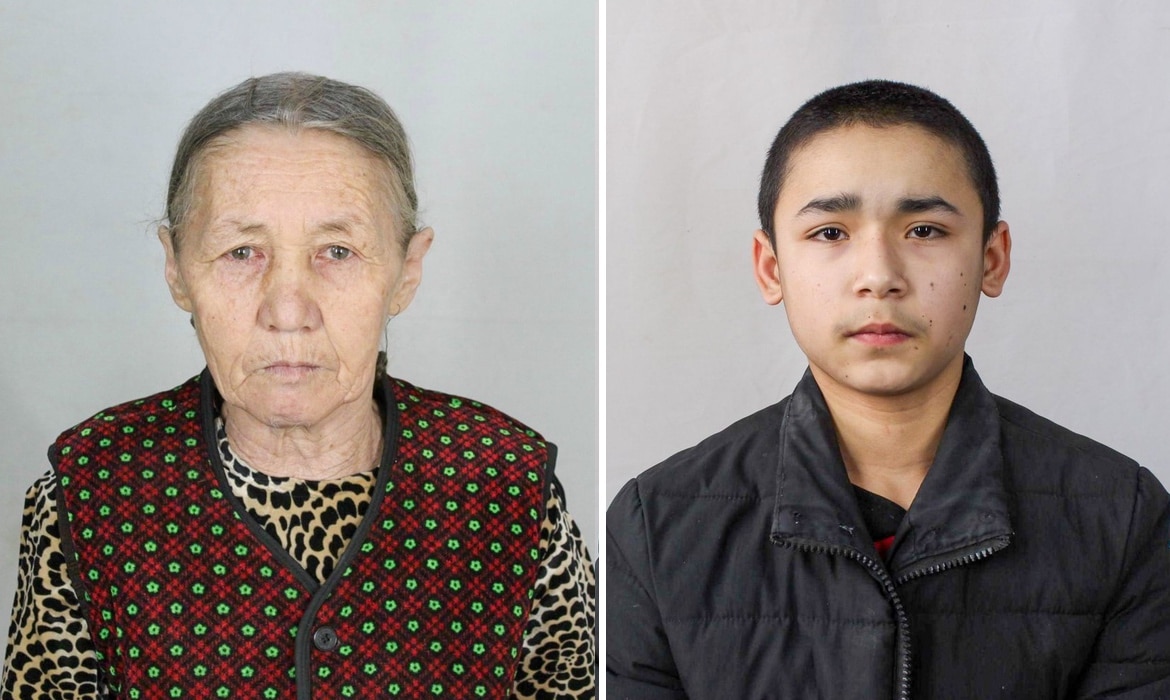
Since 2017, China has detained roughly 2 million Uyghurs and other ethnic minorities living in the Xinjiang Uyghur Autonomous Region in what the government says are “vocational skills, education, and training centers.” However, the international community has long suspected that these are actually internment camps meant to suppress Uyghur culture and its Muslim religion. A new set of leaked files, called the Xinjiang Police Files, provides concrete evidence that, in fact, these centers are effectively being run like prisons.
The files, which were leaked to the Victims of Communism Memorial Foundation in 2022, have been subject to months of scrutiny to check their authenticity and the organization is confident that they are official documents. They were authenticated and analyzed by Dr. Adrian Zenz, a foremost scholar on the Xinjiang internment campaign, in a peer-reviewed academic paper published in the respected Journal of the European Association for Chinese Studies and a second paper published in the online magazine ChinaFile.
They have now been released to worldwide media in an effort to call more attention to the plight of the Uyghur people. This cache of files, which is just the latest of several leaks in regards to the government's policies in Xinjiang, includes over 2,800 photographs of detainees, as well as photographs showing police interrogation methods.
In addition, there are spreadsheets listing detainees, police staff, and camp guards, as well as transcripts of internal speeches by senior members of the Chinese Communist Party (CCP) and evidence that the central government is well aware of what is happening in Xinjiang.
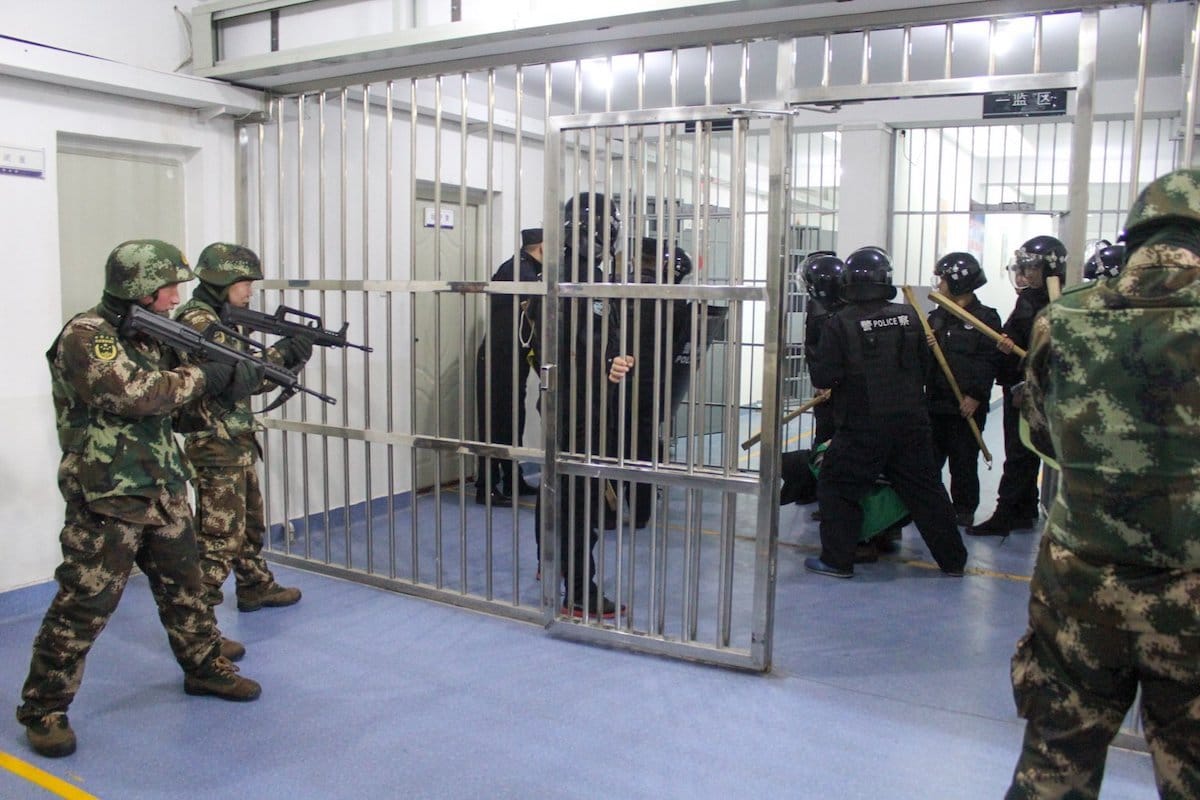
Image showing internment camp police security drills at the Tekes County Detention Center from 2018, taken by the detention center photographer. It is assumed that these are drills and not actual escape attempts.
“These findings are significant because they provide us with frank policy implementation directives along with the thought processes and intentions that made them a reality,” said Dr. Adrian Zenz, director and senior fellow in China Studies at the Victims of Communism Memorial Foundation. “This gives an unprecedented look into the personal attitudes of Chinese authorities and the personal involvement of Xi Jinping. Documents with this kind of insight have never before been published and their revelations are very disturbing.”
While the official party line in China is that their policies are in place in order to combat extreme terrorism and that religious freedom is not suppressed, the documents show otherwise. They include a spreadsheet titled “persons subjected to strike hard because of religion” which lists 330 persons who were sentenced because of illegal religious activities such as studying the Quran. Transcripts also reveal a speech telling police to “handcuff them, blindfold them, and use ankle shackles if needed” when referring to ethnic minorities in southern Xinjiang.
While Foreign Minister Wang Yi said in a 2019 speech that “the truth is the education and training centers in Xinjiang are schools that help people free themselves from extremism,” internal speeches from 2017 state that detainees should not be released because “some may not necessarily have been [re-educated] well even after 5 years.”
Reasons for being detained range from listening to religious material on a cell phone while at home, to growing a beard, to visiting countries seen as problematic, to having an unused passport, to wearing a veil. The images of detainees, which date from 2018, show boys and girls as young as 15 to a woman as old as 73.
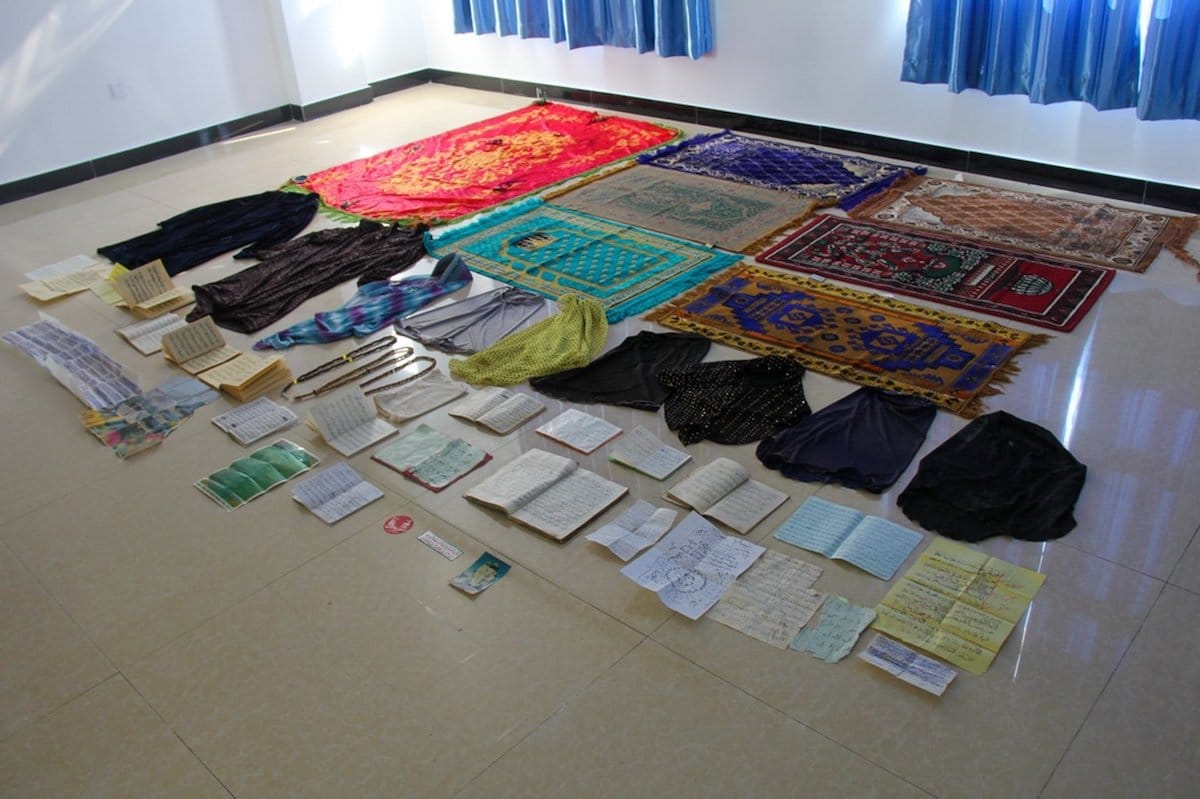
Religious items confiscated by police as “illegal” contraband include prayer rugs, religious texts, handwritten verses from the Quran, hijabs, long dresses, and an elementary school notebook containing Uyghur language exercises.
All of the materials are available publicly for scrutiny. If you are interested in learning more about Uyghur culture and why China is being accused of genocide, the BBC has a comprehensive look at this issue. Internal leaks of documents from 2019 give even more insight into China's policies in Xinjiang and include scripts that officials used when explaining to students returning to the province as to why their family members were detained.
The release of these documents coincides with the arrival in China of the UN high commissioner for human rights, Michelle Bachelet. She is expected to visit Xinjiang this week in what many fear will be a visit tightly controlled by the government.
When asked about Xinjiang during a press conference in Beijing, Chinese Foreign Ministry spokesperson Wang Wenbin labeled the media reports as “the latest example of the anti-China forces’ smearing of Xinjiang.” He also added that, “Xinjiang enjoys peace and stability, its economy is thriving and its people live and work in peace and contentment.”
Meanwhile, senior officials around the world have condemned China for its treatment of ethnic minorities in Xinjiang. U.S. State Department spokesperson Ned Price stated in a daily press conference, “We are appalled by the reports and the jarring images. This new reporting further adds to an already damning body of evidence of [China’s] atrocities in Xinjiang.”
Here is a look at some of the 2 million ethnic minorities that China has sent to what they call “vocational skills, education, and training centers” since 2017.
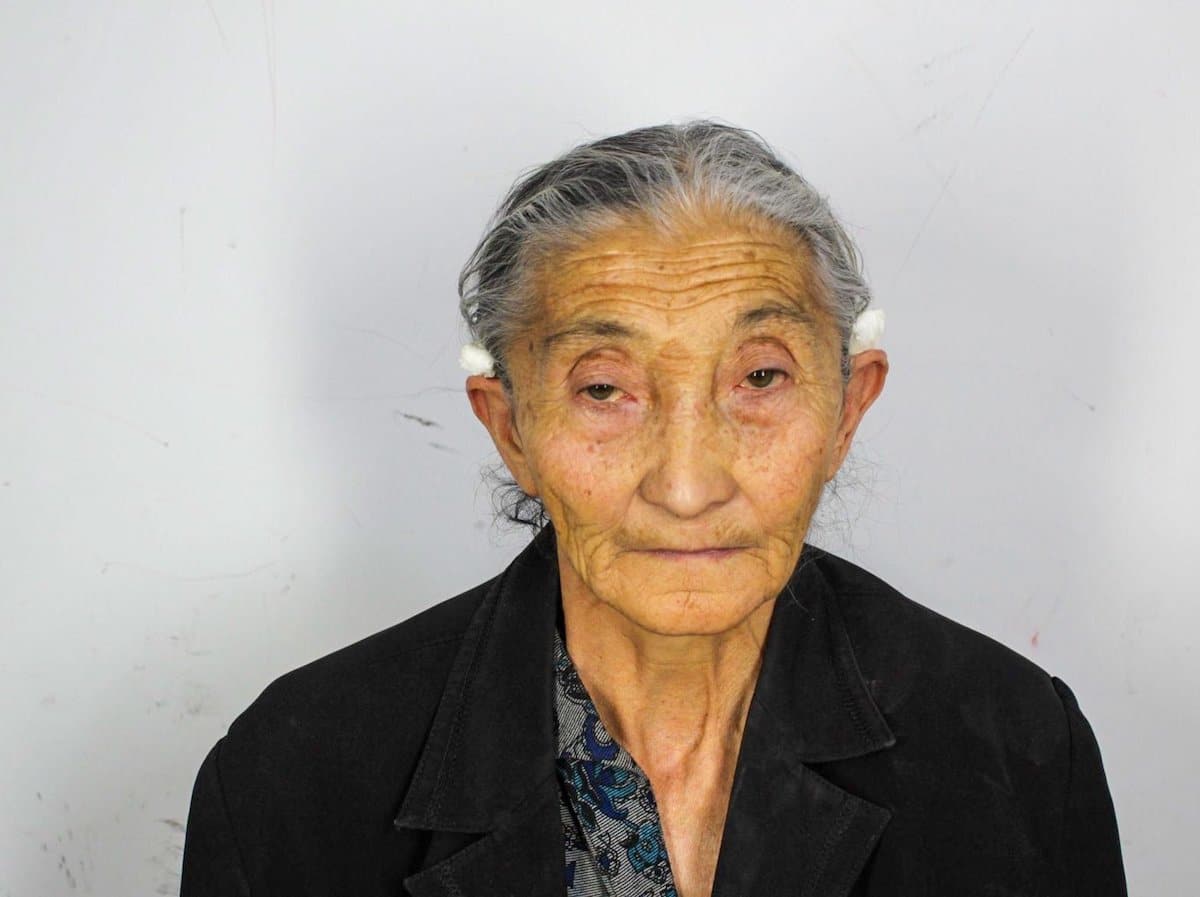
Name: Anihan Hamit
Age in 2018: 73
Reason for Internment: Unknown
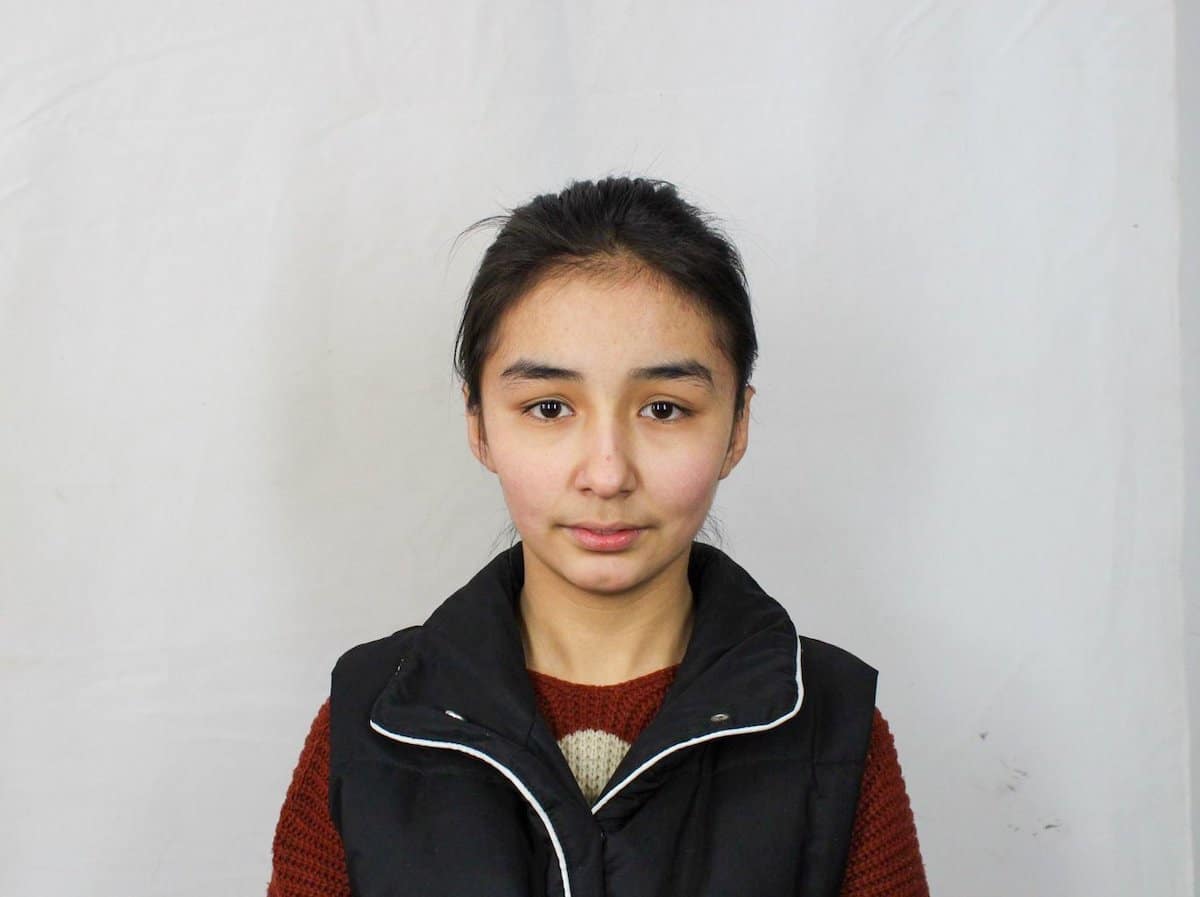
Name: Rahile Omer
Age in 2018: 15
Reason for Internment: Integrated push staff, 14 years old, underage students
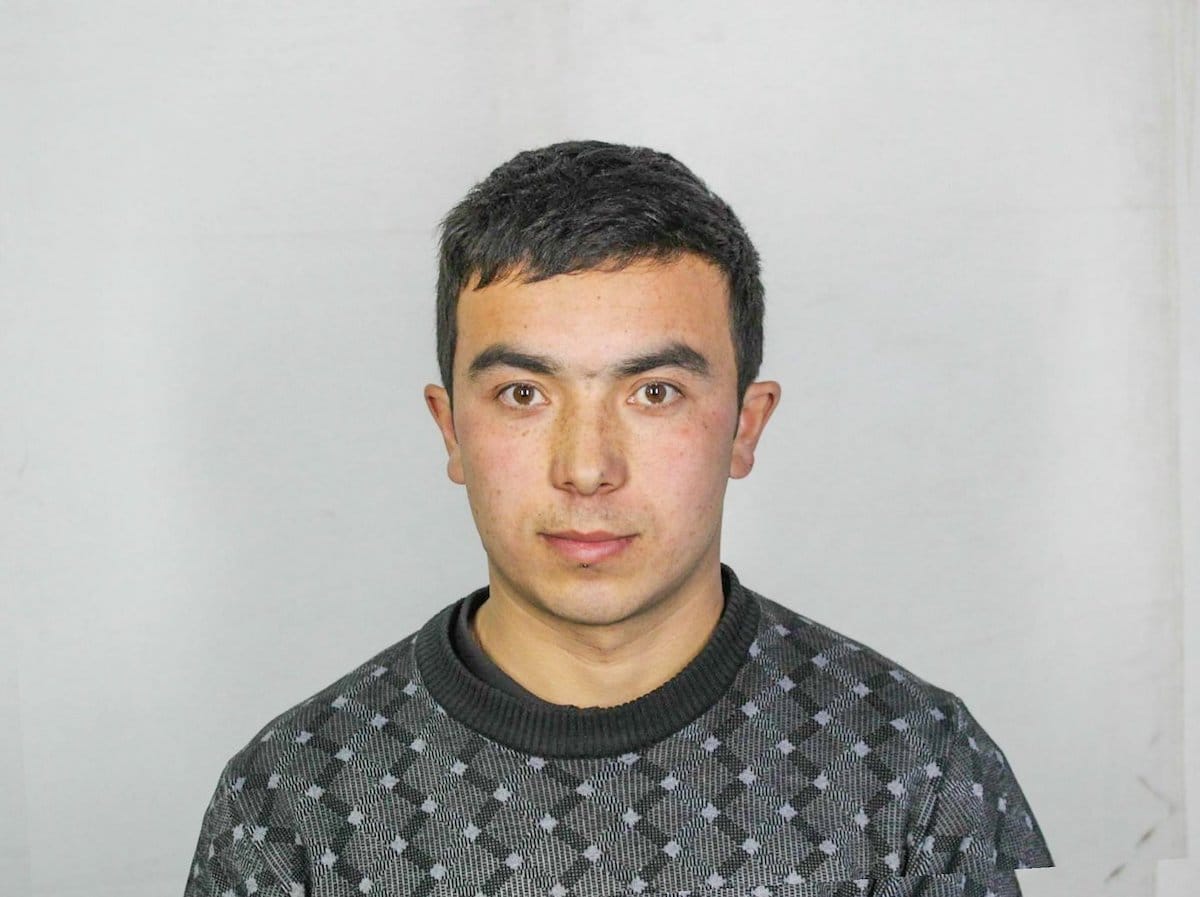
Name: Memettursun Seyit
Age in 2018: 31
Reason for Internment: In 2005, studied illegally for a month under the guidance of Tursun Aba, from 2012 to 2014, let wife wear a robe
Newly leaked documents only give further evidence that these “schools” are actually run like prisons.
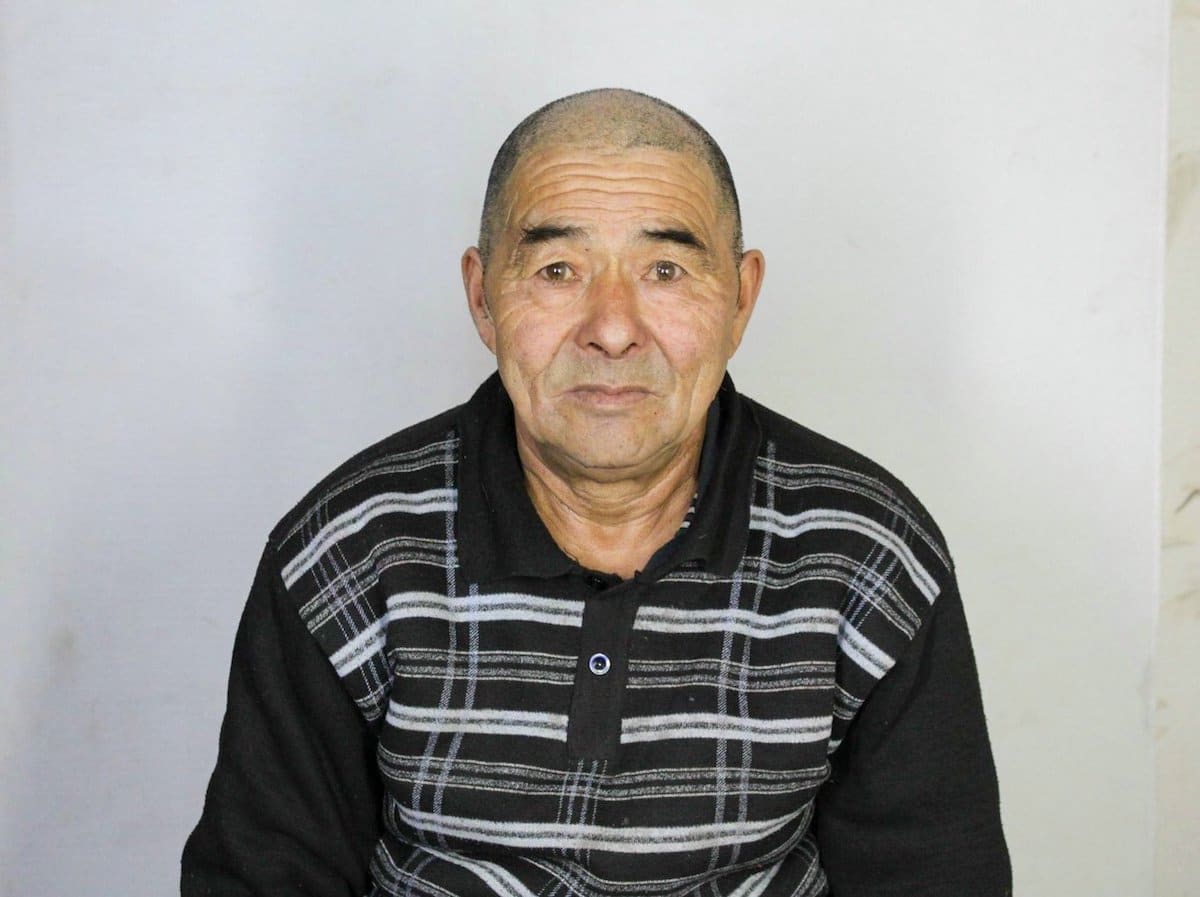
Name: Omer Abaq
Age in 2018: 61
Reason for Internment: Looking back at the detainees, in July 2014, during the process of watering the fields, I listened to Ainwal Kasmu's talk about “beard is the Sunna of the Prophet. Beard can accumulate merit, so you should also have a beard” illegal Taiwanese content such as Billick. August 2011 at Tohti Abdul Rahman's house to stay up all night to listen to the illegal tabilick of the content of halal, not halal, zakat, women have to wear veils played by Ankel Kasmu's mobile phone
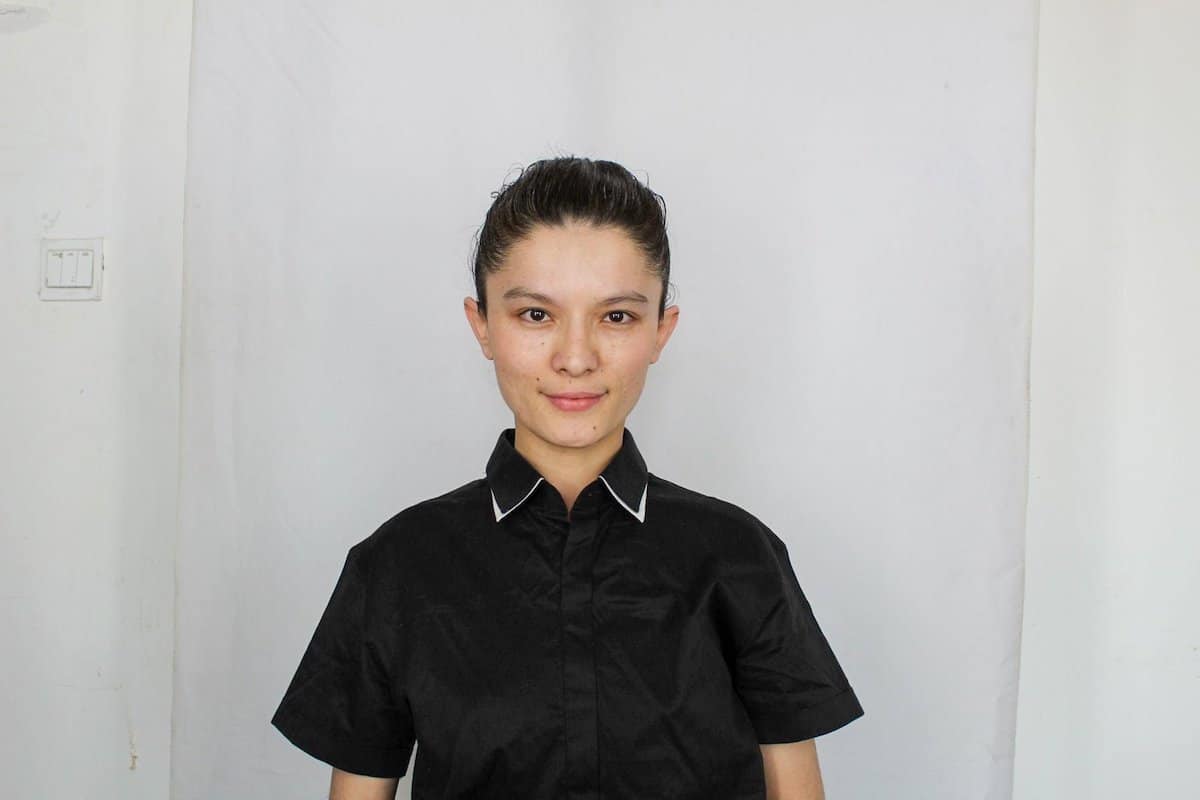
Name: Mehribangul Memet
Age in 2018: 29
Reason for Internment: Using niche chat tools, VPN circumvention software, visiting inland provinces and cities, telephone intelligence clues, family members of those who are not allowed to leave the country
Detainees are overwhelmingly Uyghur people, a Muslim ethnic minority that was once the majority population in the Xinjiang Uyghur Autonomous Region.
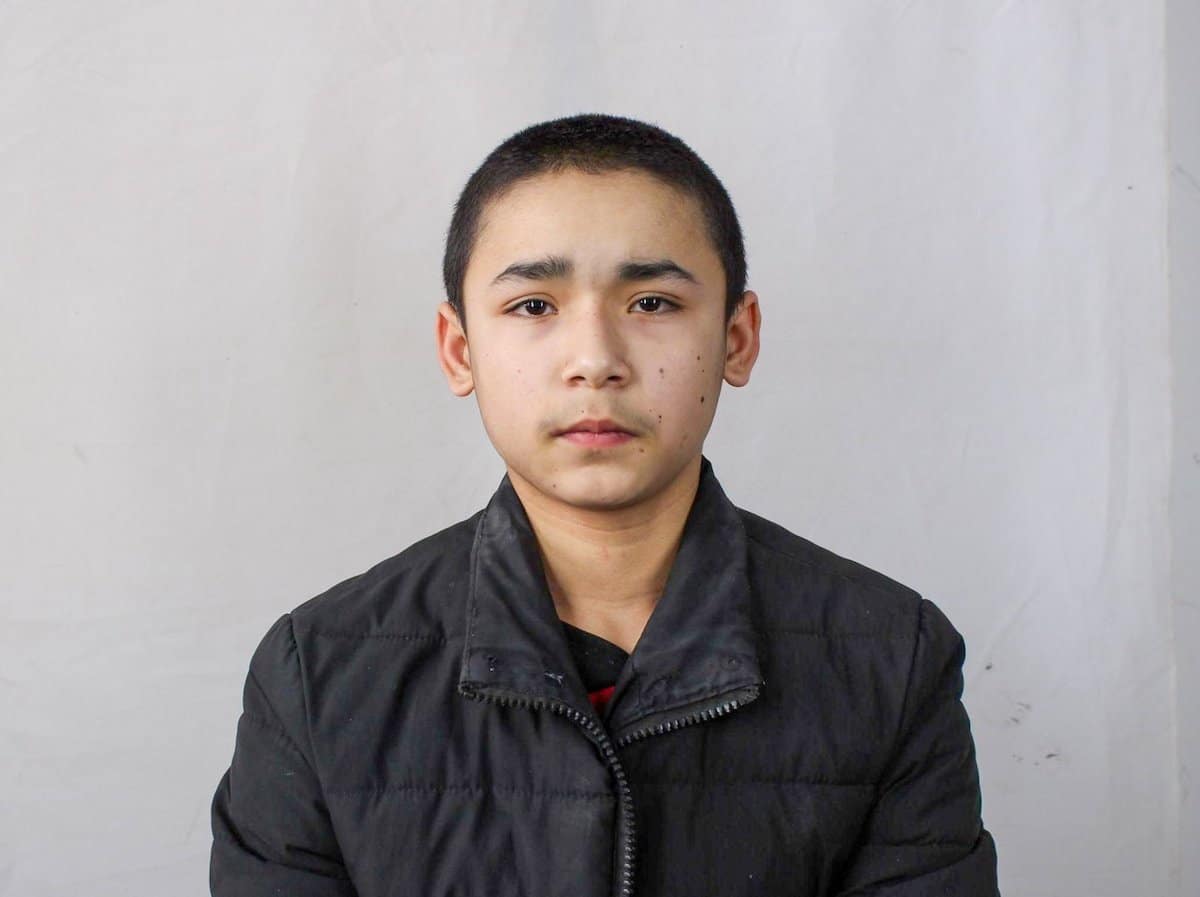
Name: (Memetreshit) Memettursun
Age in 2018: 15
Reason for Internment: Unknown
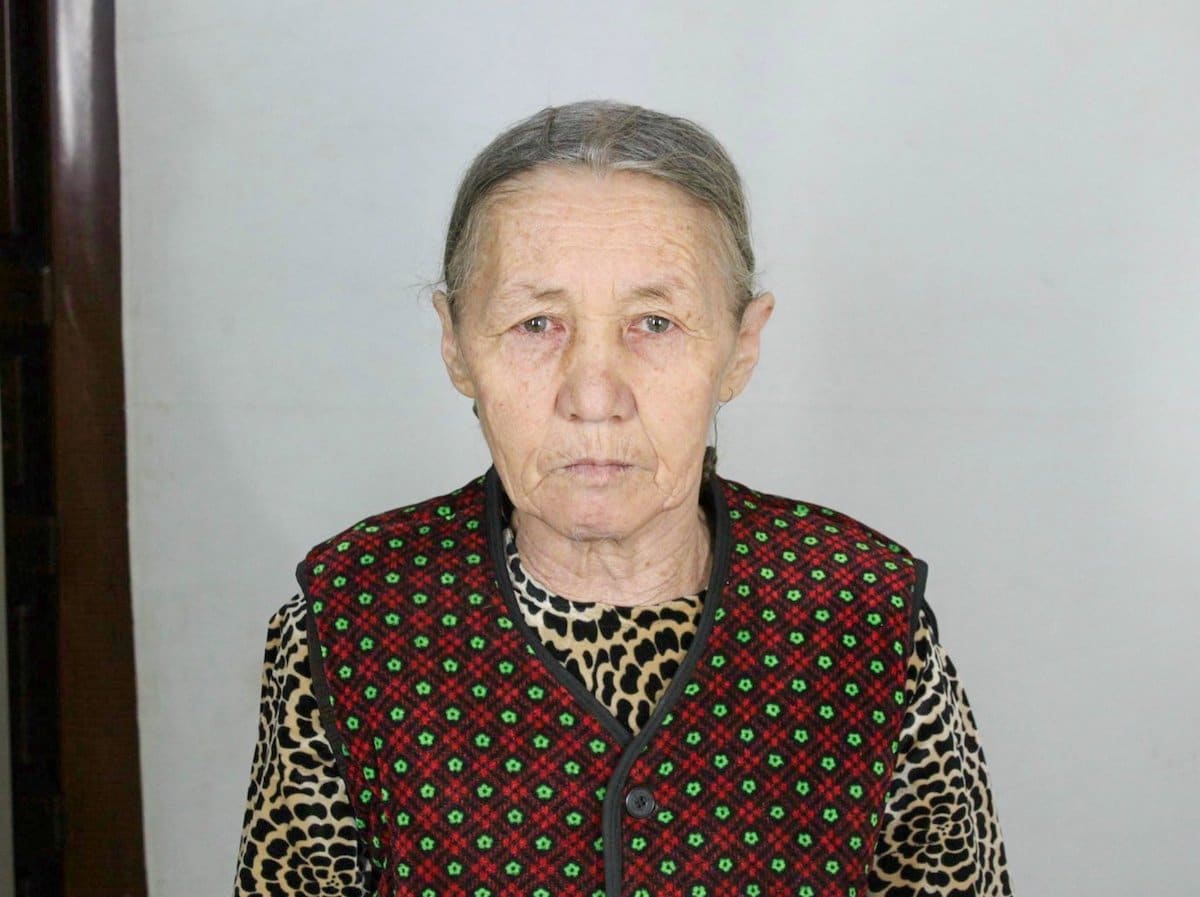
Name: (Tajir) Abdurusul
Age in 2018: 60
Reason for Internment: Looking back at the detainees, in August 2011, when I was illegally concentrating on Toheti Abdurrahman's house for tonaek, I listened to Aniwal Kasmu playing on his mobile phone about “Halal and not halal, religious tax, women veiled.”
Harsh surveillance methods have been used as reasons to detain people. Acts like listening to religious speeches on a mobile phone or growing a beard are listed.
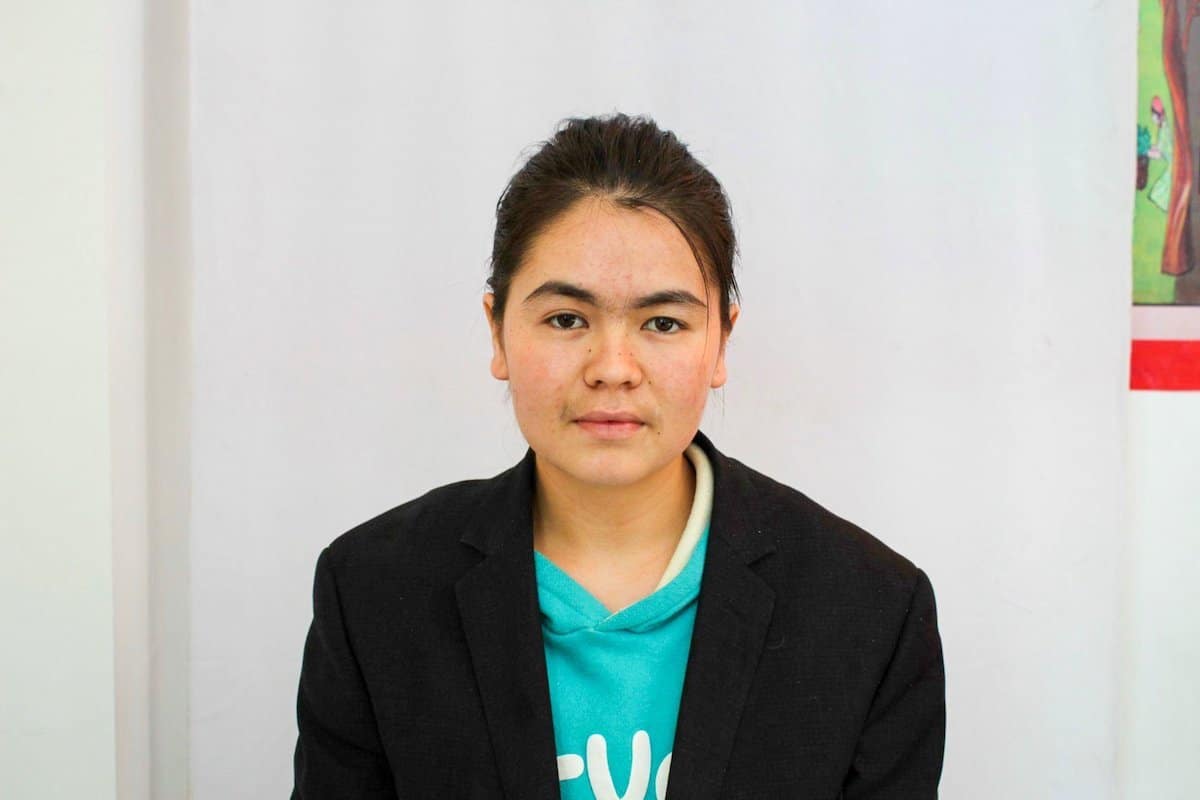
Name: (Nurnisagul) Tohti
Reason for 2018: 20
Reason for Internment: Watching an illegal video of Abdureyim Aishan's “Dream of Aishan” on mobile phone in own home in August 2012
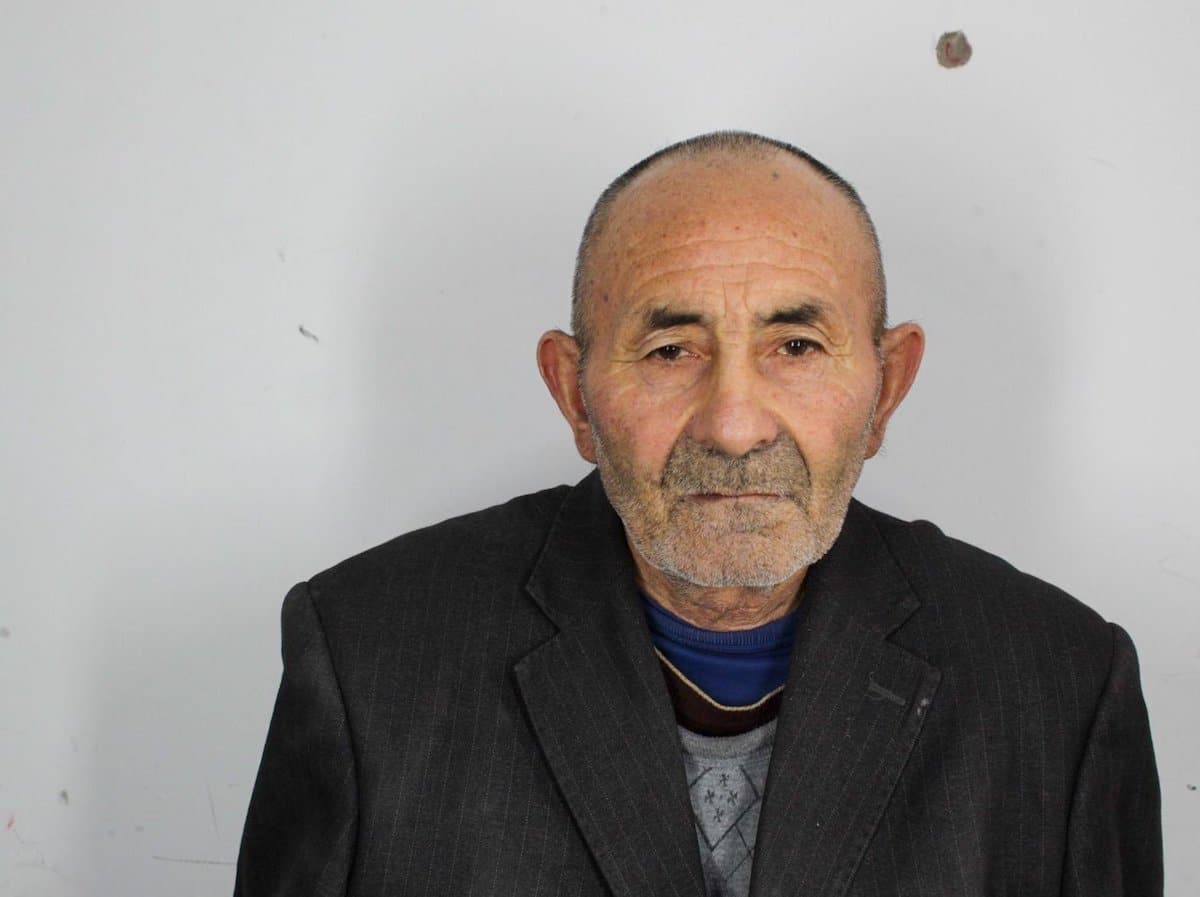
Name: Ghopur Shawaz
Age in 2018: 65
Reason for Internment: Unknown
The leak was published after months of scrutiny to verify the authenticity of the photographs and documents.
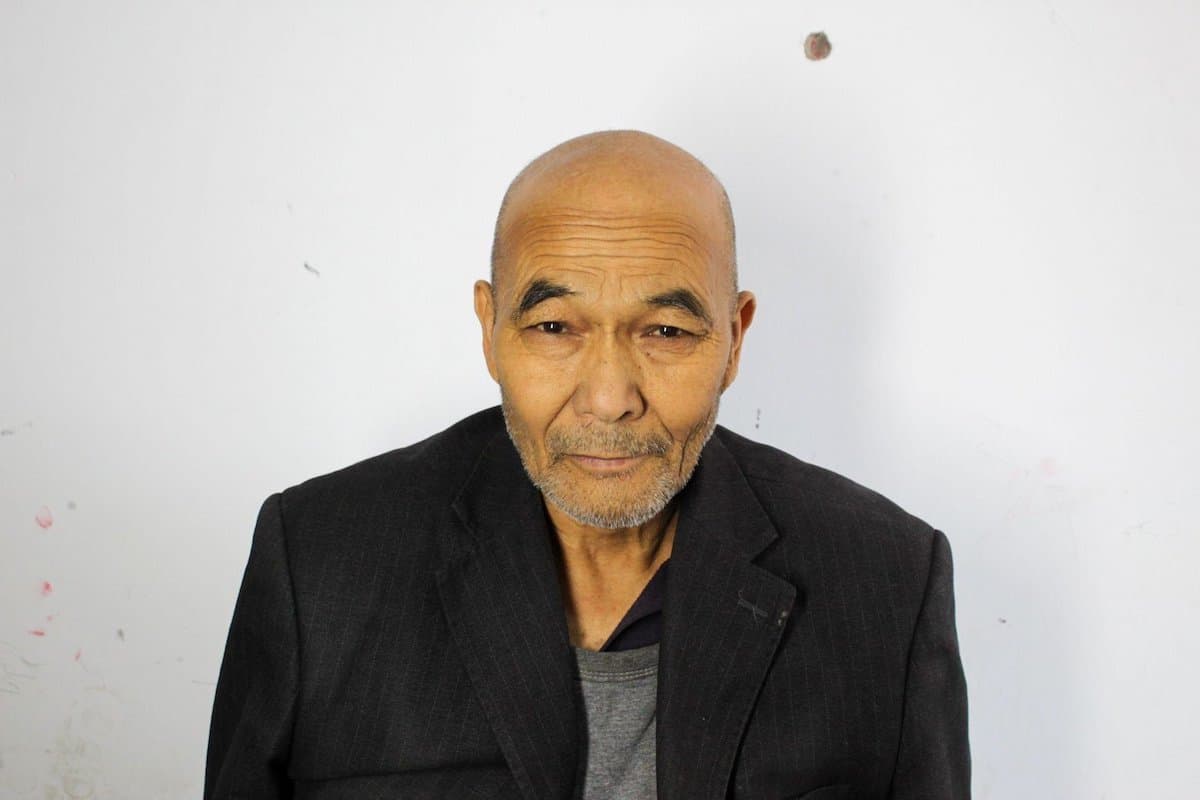
Name: Yusup Memet
Age in 2018: 61
Reason for Internment: Unknown
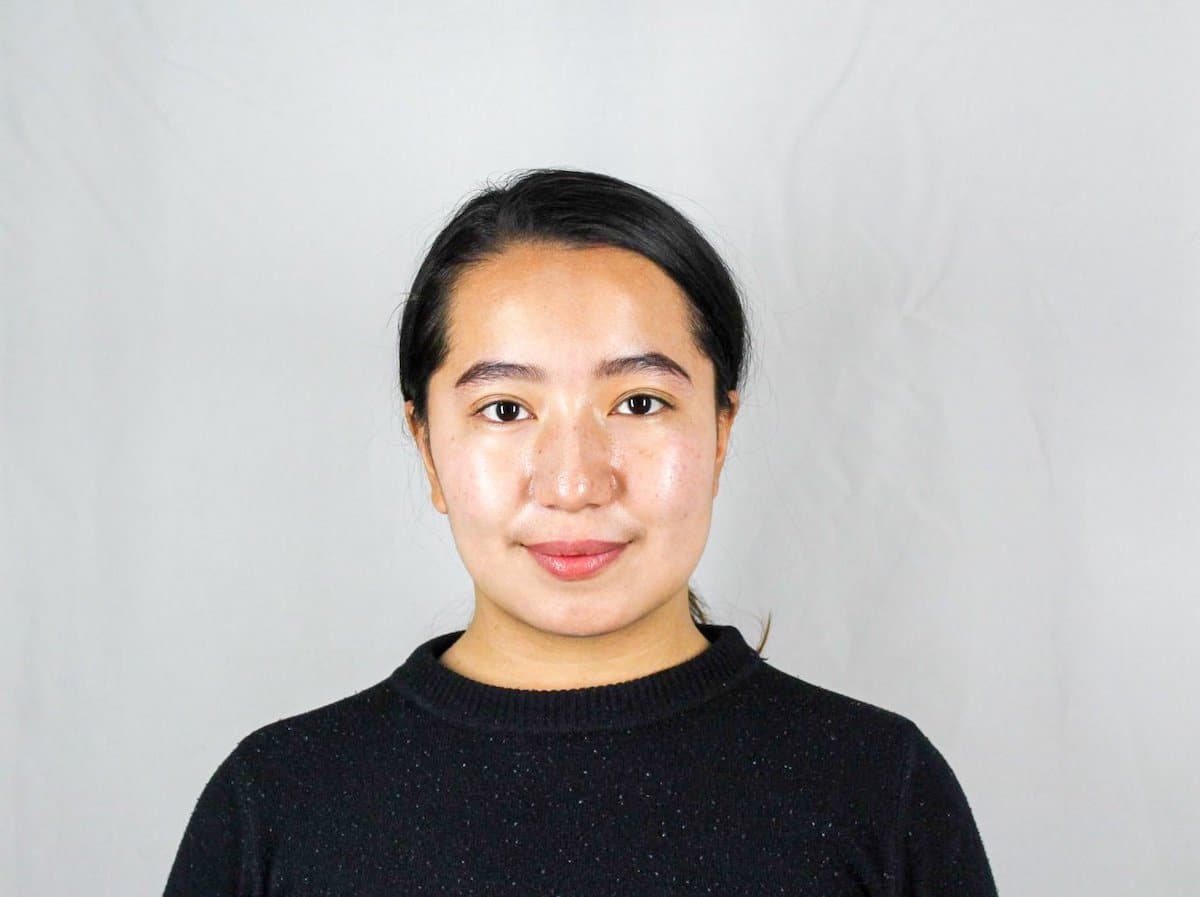
Name: Qelbinur Memet
Age in 2018: 22
Reason for Internment: Zhanmin Township 2 Village Kindergarten
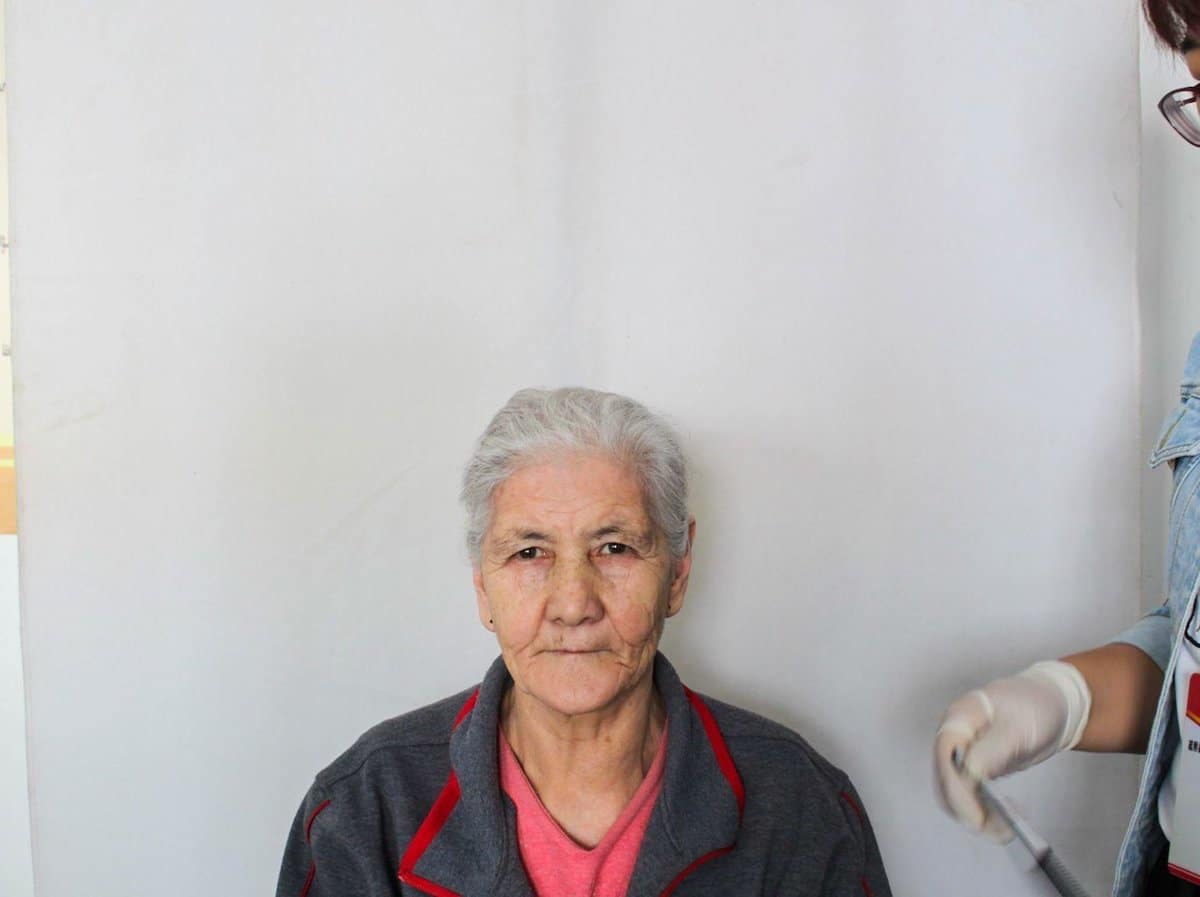
Name: Meryem Memet
Age in 2018: 60
Reason for Internment: Persons involved, Category 6















































































